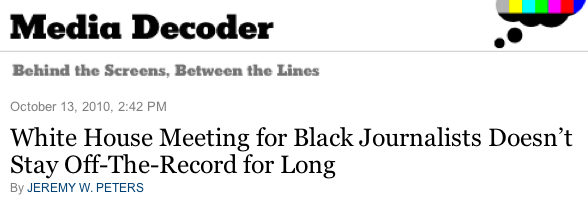
Wednesday, September 22, 2010
Independent candidates like Jake Towne are getting WHACKED by the Republican and Democrat fear mongers.

Friday, December 11, 2009
A Powerful Excerpt From Barack Obama's Nobel Peace Prize Speech and the subtle political rebukes that appear to be intertwined.
A very strong rebuke of Ron Paul's world political view can be found in the excerpt below from Barack Obama's Nobel Peace Prize Speech. A more subtle rebuke of George Bush, John McCain and Hillary Clinton's position that we don't negotiate with rogue nations can be found as well.
However, earlier in the speech, Barack Obama also acknowledges that speech making is never enough (which kind of reminds me of the Hillary Clinton's 2008 campaign quote about Barack Obama's political experience amounting to a speech he wrote...)
------------------excerpt from Barack Obama's Nobel Peace Prize Speech--------------------
...."The same principle applies to those who violate international laws by brutalizing their own people. When there is genocide in Darfur, systematic rape in Congo, repression in Burma -- there must be consequences. Yes, there will be engagement; yes, there will be diplomacy -- but there must be consequences when those things fail. And the closer we stand together, the less likely we will be faced with the choice between armed intervention and complicity in oppression.
This brings me to a second point -- the nature of the peace that we seek. For peace is not merely the absence of visible conflict. Only a just peace based on the inherent rights and dignity of every individual can truly be lasting.
It was this insight that drove drafters of the Universal Declaration of Human Rights after the Second World War. In the wake of devastation, they recognized that if human rights are not protected, peace is a hollow promise.
And yet too often, these words are ignored.
For some countries, the failure to uphold human rights is excused by the false suggestion that these are somehow Western principles, foreign to local cultures or stages of a nation's development. And within America, there has long been a tension between those who describe themselves as realists or idealists -- a tension that suggests a stark choice between the narrow pursuit of interests or an endless campaign to impose our values around the world.
So even as we respect the unique culture and traditions of different countries, America will always be a voice for those aspirations that are universal. We will bear witness to the quiet dignity of reformers like Aung Sang Suu Kyi; to the bravery of Zimbabweans who cast their ballots in the face of beatings; to the hundreds of thousands who have marched silently through the streets of Iran. It is telling that the leaders of these governments fear the aspirations of their own people more than the power of any other nation. And it is the responsibility of all free people and free nations to make clear that these movements -- these movements of hope and history -- they have us on their side.I reject these choices. I believe that peace is unstable where citizens are denied the right to speak freely or worship as they please; choose their own leaders or assemble without fear. Pent-up grievances fester, and the suppression of tribal and religious identity can lead to violence. We also know that the opposite is true. Only when Europe became free did it finally find peace. America has never fought a war against a democracy, and our closest friends are governments that protect the rights of their citizens. No matter how callously defined, neither America's interests -- nor the world's -- are served by the denial of human aspirations.
Let me also say this: The promotion of human rights cannot be about exhortation alone. At times, it must be coupled with painstaking diplomacy. I know that engagement with repressive regimes lacks the satisfying purity of indignation. But I also know that sanctions without outreach -- condemnation without discussion -- can carry forward only a crippling status quo. No repressive regime can move down a new path unless it has the choice of an open door...."
---------------------------------------------------------

























































